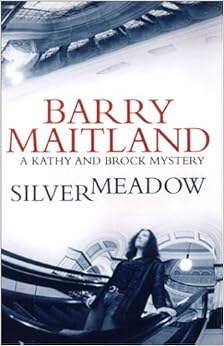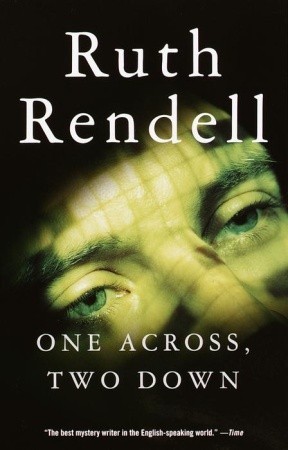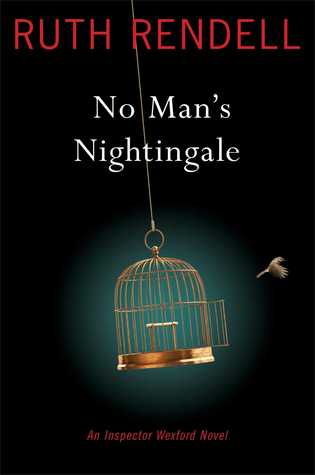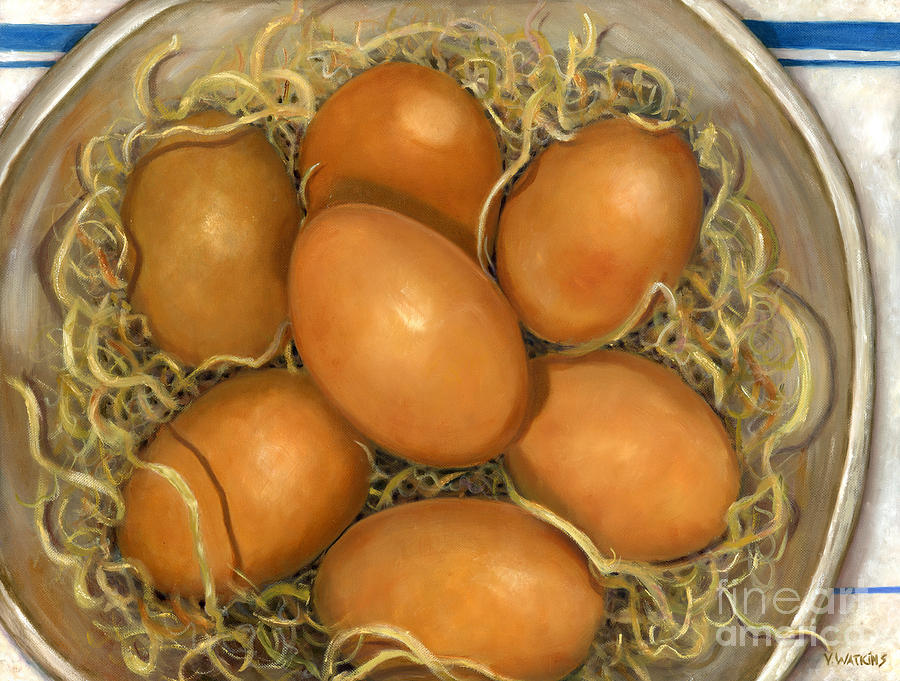 I laughed when one of my friends wished she had somewhere to go, so she could listen to an audio book in the car. I know exactly what she means, though. Sitting in a moving vehicle for hours can be a treat if you have the perfect travel companion: entertaining enough to merit attention, but not so demanding as to make your head spin. While this also goes for the human in the seat next to you, let's focus now on books along for the ride.
I laughed when one of my friends wished she had somewhere to go, so she could listen to an audio book in the car. I know exactly what she means, though. Sitting in a moving vehicle for hours can be a treat if you have the perfect travel companion: entertaining enough to merit attention, but not so demanding as to make your head spin. While this also goes for the human in the seat next to you, let's focus now on books along for the ride. Max Kinnings's Baptism (Quercus, 2014) is a minute-by-minute account of a London Underground train hijacking. Tommy and Belle Denning, religious fanatic twins, kidnap conductor George Wakeham's kids and thereby force him to stop the train in the tunnel between Leicester Square and Tottenham Court Road stations. The book is amazingly suspenseful. Initially, the 300+ passengers, with a few exceptions, don't know the train has been hijacked. Point of view varies among the Dennings; some of the Dennings' former associates; Wakeham and his wife, who is also on the train; MI5; and DCI Ed Mallory, the blind hostage negotiator. Unlike many thriller writers, Kinnings draws compelling psychological portraits of his characters. Graphic violence. Riveting; the hours will fly by.
Max Kinnings's Baptism (Quercus, 2014) is a minute-by-minute account of a London Underground train hijacking. Tommy and Belle Denning, religious fanatic twins, kidnap conductor George Wakeham's kids and thereby force him to stop the train in the tunnel between Leicester Square and Tottenham Court Road stations. The book is amazingly suspenseful. Initially, the 300+ passengers, with a few exceptions, don't know the train has been hijacked. Point of view varies among the Dennings; some of the Dennings' former associates; Wakeham and his wife, who is also on the train; MI5; and DCI Ed Mallory, the blind hostage negotiator. Unlike many thriller writers, Kinnings draws compelling psychological portraits of his characters. Graphic violence. Riveting; the hours will fly by. There's a pleasing symmetry about reading a book involving a train while traveling by train. One of these days I'll devote an entire post to train settings, but in the meantime, let me tell you about I Married a Dead Man, William Irish's 1958 classic. Irish is one of the pseudonyms used by noir writer Cornell Woolrich. Woolrich was a master at creating an atmosphere of paranoia, and does he ever in this book about Helen Georgesson, a woman abandoned by her lover when she became pregnant. Helen is traveling across the country when she meets Patrice and Hugh Hazzard, newlyweds expecting a child. When their train crashes, only Helen survives. She decides to pass herself off as Patrice to Hugh's wealthy, grieving family, who have never met Patrice. Things get tough for Helen/"Patrice" when her old lover comes weaseling around.
There's a pleasing symmetry about reading a book involving a train while traveling by train. One of these days I'll devote an entire post to train settings, but in the meantime, let me tell you about I Married a Dead Man, William Irish's 1958 classic. Irish is one of the pseudonyms used by noir writer Cornell Woolrich. Woolrich was a master at creating an atmosphere of paranoia, and does he ever in this book about Helen Georgesson, a woman abandoned by her lover when she became pregnant. Helen is traveling across the country when she meets Patrice and Hugh Hazzard, newlyweds expecting a child. When their train crashes, only Helen survives. She decides to pass herself off as Patrice to Hugh's wealthy, grieving family, who have never met Patrice. Things get tough for Helen/"Patrice" when her old lover comes weaseling around. If you like eccentric British characters, clever traditional mysteries, and witty language that makes you laugh out loud, Colin Watson's Flaxborough Chronicles are for you. In the first book, Coffin Scarcely Used, DI Purbright and Sgt. Love investigate a series of murders, beginning with unlikable newspaper editor Marcus Gwill, who is found electrocuted in his slippers, his mouth filled with marshmallows, and flower shapes burned into his palms.
If you like eccentric British characters, clever traditional mysteries, and witty language that makes you laugh out loud, Colin Watson's Flaxborough Chronicles are for you. In the first book, Coffin Scarcely Used, DI Purbright and Sgt. Love investigate a series of murders, beginning with unlikable newspaper editor Marcus Gwill, who is found electrocuted in his slippers, his mouth filled with marshmallows, and flower shapes burned into his palms.All twelve books in this series are fun, but be sure not to miss Lonelyheart 4122, in which you'll meet lovely conwoman Miss Lucilla Edith Cavell Teatime, who signs up with a matrimonial bureau.
 On the weekend before Christmas, robbers shoot two super-mall guards and disappear with a whole heap of money in Silvermeadow by Barry Maitland. Scotland Yard's DCI David Brock and Sgt. Kathy Kolla investigate the robbery, as well as the death of a young girl, which is tied into disappearances from the mall. I like the chemistry between Brock and Kolla, and I also like the information that writer/architect Maitland adds to his books. In this one, the fifth of the 12-book series (you don't have to read its predecessors to enjoy it), we learn about how malls are designed to encourage consumption.
On the weekend before Christmas, robbers shoot two super-mall guards and disappear with a whole heap of money in Silvermeadow by Barry Maitland. Scotland Yard's DCI David Brock and Sgt. Kathy Kolla investigate the robbery, as well as the death of a young girl, which is tied into disappearances from the mall. I like the chemistry between Brock and Kolla, and I also like the information that writer/architect Maitland adds to his books. In this one, the fifth of the 12-book series (you don't have to read its predecessors to enjoy it), we learn about how malls are designed to encourage consumption. Ruth Rendell writes the excellent 24-book series featuring Chief Inspector Reginald Wexford. In the 2013 book, No Man's Nightingale (Scribner), Wexford has retired from the Kingsmarkham police force. Mike Burden brings him in as a consultant when the controversial vicar, Sarah Hussein, is murdered in her vicarage. This isn't among Rendell's best Wexford books, but it's still very enjoyable to spend time in the company of Wexford; Burden; Wexford's wife, Dora; and Rendell's other meticulously drawn characters.
 When I'm traveling by plane or train with my husband, we often work on a crossword puzzle together. We alternate between impressing and amusing each other with our right and wrong guesses. A good book après-crossword puzzle is Ruth Rendell's standalone of psychological suspense, One Across, Two Down. It features a no-good named Stanley Manning. Stanley is addicted to cross-word puzzles, and he can hardly wait for the mother of his long-suffering wife, Vera, to die so he can spend the inheritance.
When I'm traveling by plane or train with my husband, we often work on a crossword puzzle together. We alternate between impressing and amusing each other with our right and wrong guesses. A good book après-crossword puzzle is Ruth Rendell's standalone of psychological suspense, One Across, Two Down. It features a no-good named Stanley Manning. Stanley is addicted to cross-word puzzles, and he can hardly wait for the mother of his long-suffering wife, Vera, to die so he can spend the inheritance.Happy traveling, and happy reading!











